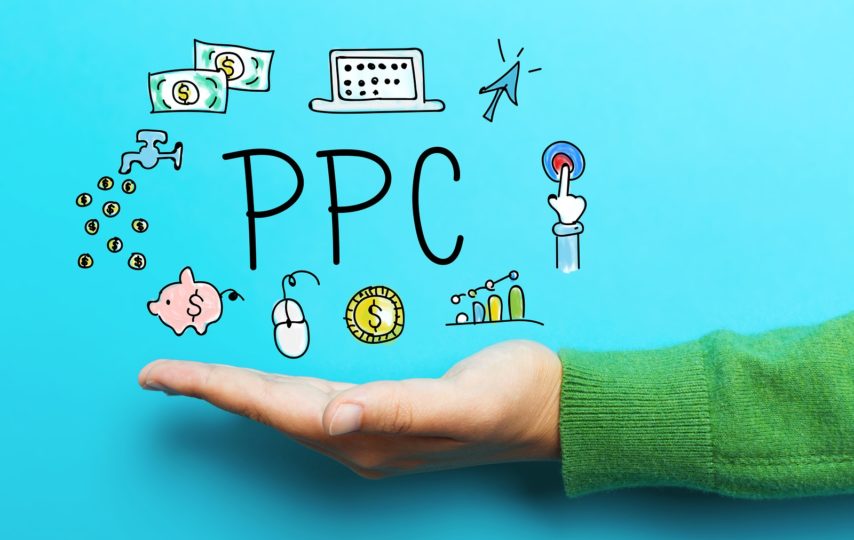PPC, known as pay-per-click, has emerged as a highly cost-effective advertising method in the realm of the Internet. It allows businesses to only pay for ads when someone clicks on them. This ensures that you don’t waste money on individuals who merely read the ads without genuine interest in the business.
Additionally, businesses have the autonomy to set the rate for each click. It empowers them to maintain control over their budget allocation. You can also visit the Wikipedia page of PPC, which is linked here.
For newcomers, PPC advertising may seem perplexing. Hence, this page aims to provide insights into best practices that can assist businesses in maximizing the effectiveness of their campaigns.
1. Begin with a modest start
If you lack experience in PPC, it is advisable, to begin with small-scale campaigns. Juggling multiple ads and budgets can be confusing. Additionally, without caution, it’s easy to spend a substantial amount of money within a short period.
Our recommendation is to start with a single campaign on Google Ads, one of the most widely used platforms. This choice offers the advantage of placing your business in the search results of the world’s largest search engine. Additionally, managing analytics becomes simpler when you have only one campaign to monitor. As you become more familiar with PPC marketing dynamics, you can gradually introduce additional campaigns.
2. Be precise
Small businesses without PPC experience often make the mistake of using broad keywords in their campaigns, believing that it will broaden their reach to potential customers. However, this approach not only proves to be ineffective but also yields a poor return on investment (ROI).
To optimize your PPC campaigns, it is crucial to be highly specific with the keywords you target. Many aim for ads to be displayed to individuals searching for general terms like “restaurants in Pennsylvania” (which often incurs a high cost per click). But it is more advantageous to target people searching for specific terms such as “Italian restaurants in Harrisburg.” This approach not only reduces costs but also ensures that individuals actively seeking businesses like yours see your ads.
3. Utilize powerful language
Rest assured, we’re not referring to the use of explicit or offensive language. Instead, we’re emphasizing the importance of language that grabs people’s attention.
Headlines that lack impact tend to generate lackluster returns on investment, while strong and dynamic headlines produce impressive results. If you’re uncertain about the effectiveness of your headline, seek feedback from trusted colleagues, friends, family members, or mentors. When faced with a choice between two headlines, consider conducting an A/B split test to determine which one delivers superior performance.
4. Incorporate location-based keywords
To optimize your small business PPC budget, it is highly effective to incorporate geotargeting in all your ads and utilize location-specific language. Rather than solely mentioning the city where your business is, focus on specific neighborhoods. It is important to consider that individuals from out of town might not be familiar with these neighborhoods, and in terms of your target demographic, their relevance may be limited.
5. Incorporate explicit action prompts
Ensure that your PPC prospects are towards a specific action, and don’t hesitate to clearly state what that action is. It is common for PPC ads to lack a clear call to action, rendering them essentially ineffective.
By providing a single, focused call to action (potentially repeated twice), you eliminate the need for prospects to ponder over their next step. This streamlined approach simplifies the decision-making process for your prospects. It also increases the likelihood of desired actions being taken.












